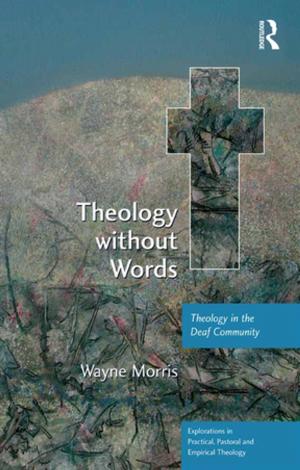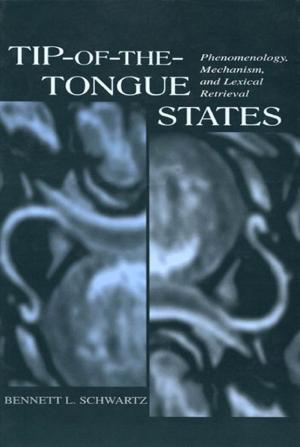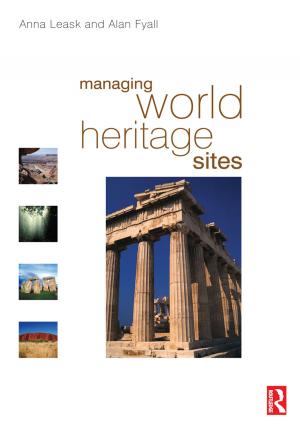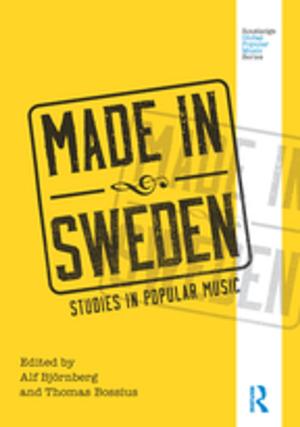Dwelling
Heidegger, Archaeology, Mortality
Nonfiction, Social & Cultural Studies, Social Science, Archaeology| Author: | Philip Tonner | ISBN: | 9781351602570 |
| Publisher: | Taylor and Francis | Publication: | August 3, 2017 |
| Imprint: | Routledge | Language: | English |
| Author: | Philip Tonner |
| ISBN: | 9781351602570 |
| Publisher: | Taylor and Francis |
| Publication: | August 3, 2017 |
| Imprint: | Routledge |
| Language: | English |
Dwelling: Heidegger, Archaeology, Mortality negotiates the discourses of phenomenology, archaeology and palaeoanthropology in order to extend the ‘dwelling perspective’, an approach in the social sciences particularly associated with Tim Ingold and a number of other thinkers, including Chris Tilley, Julian Thomas, Chris Gosden and Clive Gamble, that developed out of an engagement with the thought of Martin Heidegger.
This unique book deals with Heidegger’s philosophy as it has been explored in archaeology and anthropology, seeking to expand its cross-disciplinary engagement into accounts of early humans and death awareness. Tonner reads Heidegger’s thought of dwelling in connection to recent developments in the archaeology of mortuary practice amongst our ancestors. Agreeing with Heidegger that an awareness of death marks out a distinctive way of ‘being-in-the-world’, Tonner rejects any relict anthropocentrism in Heidegger’s thought and seeks to break down simple divisions between humans and pre-humans.
This book is ideal for readers wishing to cross disciplinary boundaries and to challenge anthropocentric thinking in accounts of human evolution. It would be ideal for professional researchers in the fields covered by the book as well as for graduate students and advanced undergraduates.
Dwelling: Heidegger, Archaeology, Mortality negotiates the discourses of phenomenology, archaeology and palaeoanthropology in order to extend the ‘dwelling perspective’, an approach in the social sciences particularly associated with Tim Ingold and a number of other thinkers, including Chris Tilley, Julian Thomas, Chris Gosden and Clive Gamble, that developed out of an engagement with the thought of Martin Heidegger.
This unique book deals with Heidegger’s philosophy as it has been explored in archaeology and anthropology, seeking to expand its cross-disciplinary engagement into accounts of early humans and death awareness. Tonner reads Heidegger’s thought of dwelling in connection to recent developments in the archaeology of mortuary practice amongst our ancestors. Agreeing with Heidegger that an awareness of death marks out a distinctive way of ‘being-in-the-world’, Tonner rejects any relict anthropocentrism in Heidegger’s thought and seeks to break down simple divisions between humans and pre-humans.
This book is ideal for readers wishing to cross disciplinary boundaries and to challenge anthropocentric thinking in accounts of human evolution. It would be ideal for professional researchers in the fields covered by the book as well as for graduate students and advanced undergraduates.















